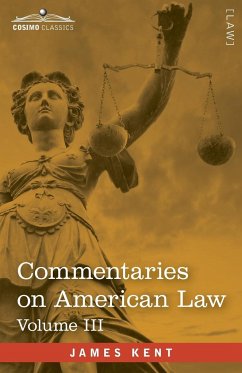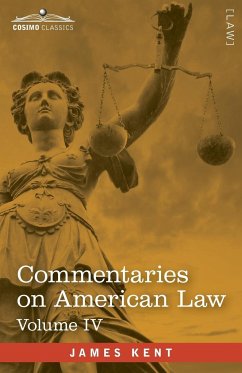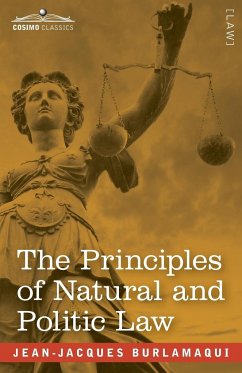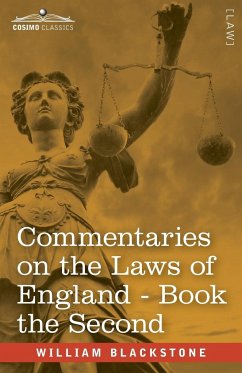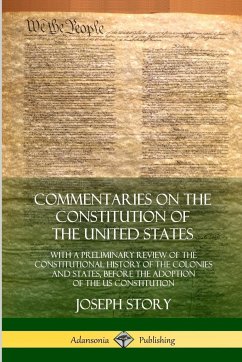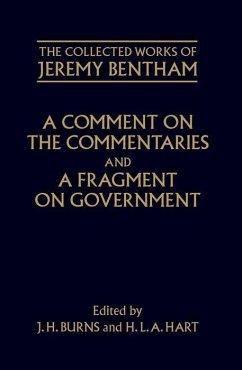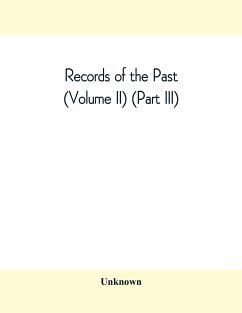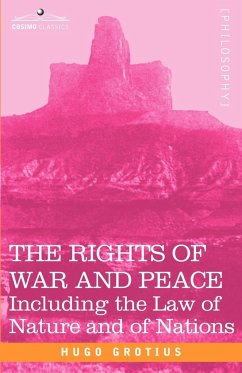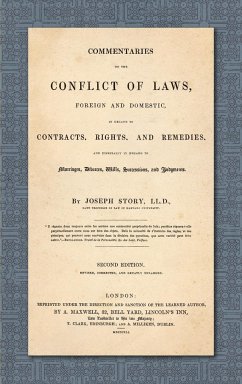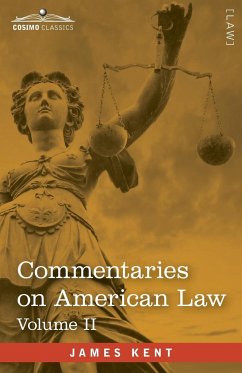
Commentaries on American Law, Volume II (in four volumes)

PAYBACK Punkte
17 °P sammeln!
"The Code Napoleon regards marriage as only a civil contract, and allows divorces not only for several reasonable causes...but also without cause, and founded merely upon mutual consent, according to the usage of the ancient Romans." -James Kent, Commentaries on American Law Volume II (1826) Commentaries on American Law Volume II (1860) by James Kent is the tenth edition and originally published in 1826, part of a four-volume set. This series was adapted from the lectures Kent gave at Columbia Law School both as a professor and beyond. The second volume includes sixteen lectures that primarily...
"The Code Napoleon regards marriage as only a civil contract, and allows divorces not only for several reasonable causes...but also without cause, and founded merely upon mutual consent, according to the usage of the ancient Romans." -James Kent, Commentaries on American Law Volume II (1826) Commentaries on American Law Volume II (1860) by James Kent is the tenth edition and originally published in 1826, part of a four-volume set. This series was adapted from the lectures Kent gave at Columbia Law School both as a professor and beyond. The second volume includes sixteen lectures that primarily focus on the rights of persons of all ages, as well as marriage, divorce, and personal property. These topics, along with a section on aliens and natives, make this a text that transcends time. Considered by some as the principal interpretation of American law, it is a book for readers interested in learning more about the foundation of jurisprudence.





